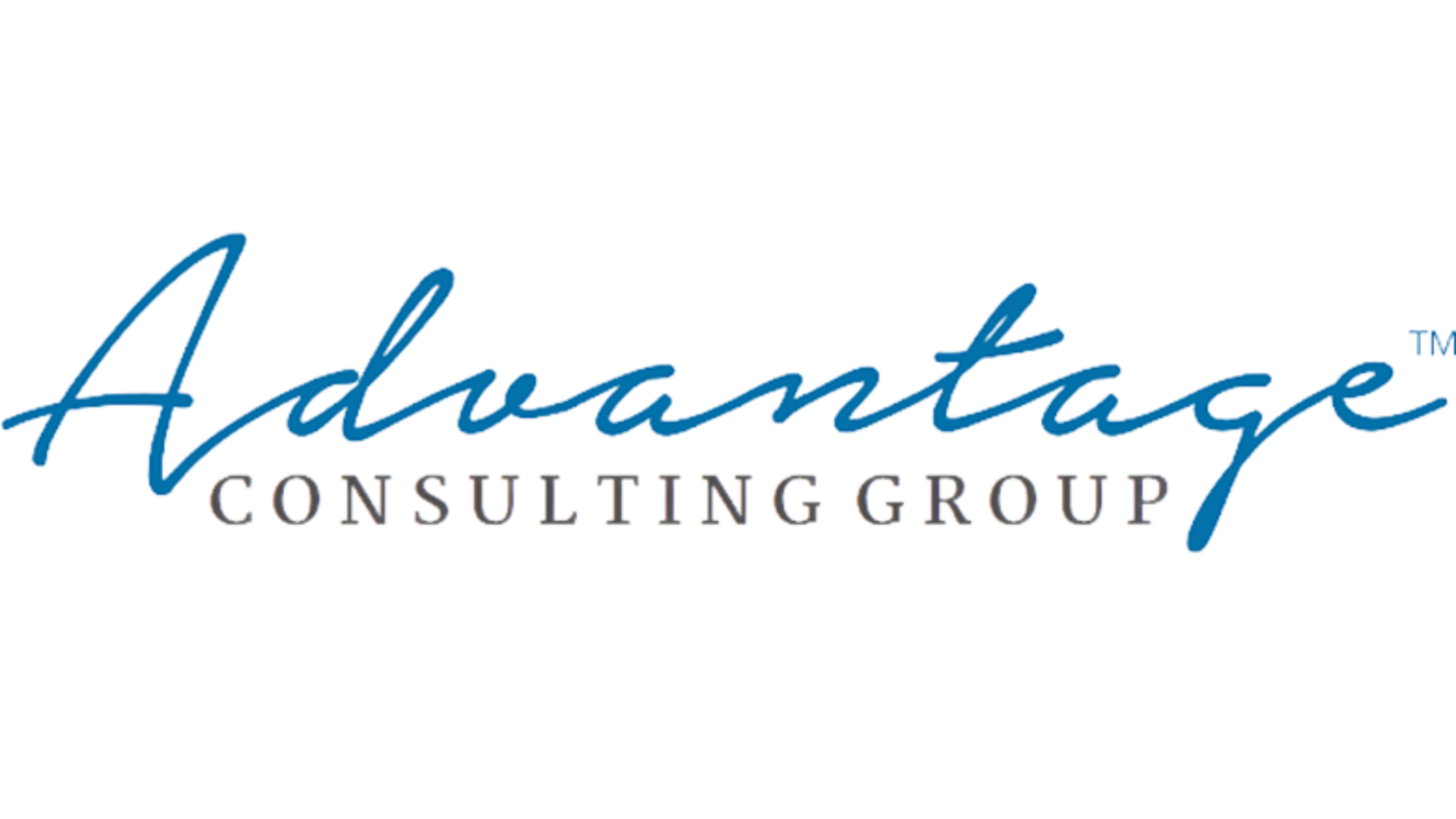Human Resources (HR) is the backbone of any organization, playing a pivotal role in shaping workplace culture, driving employee engagement, and steering the strategic direction of talent management. As such, landing an HR position demands not only a deep understanding of people management but also the ability to align HR strategies with broader business objectives. This blog post delves into popular interview questions for HR positions, offering insights into what potential employers might ask and how you can prepare to make a compelling impression.
Understanding the HR Role
Before we dive into the questions, it's essential to grasp the multifaceted nature of HR roles. HR professionals are expected to juggle various tasks, from recruitment and onboarding to employee relations, performance management, and compliance with labor laws. Your ability to articulate how you've handled these responsibilities in the past or how you plan to tackle them can set you apart in your interview.
Common Interview Questions for HR Positions
1. How Do You Stay Updated on HR Laws and Regulations?
This question tests your commitment to compliance and continuous learning. Employers want to ensure that you're proactive about staying informed on the latest HR laws and regulations to protect the company and its employees. Discuss the resources you use, such as HR forums, webinars, professional networks, and continuing education, to keep your knowledge current.
2. Describe How You Would Improve Our Company's Diversity and Inclusion Initiatives.
Diversity and inclusion are at the forefront of modern HR practices. Employers are keen on candidates who can contribute fresh ideas to create a more inclusive workplace. Share specific strategies or programs you've implemented or plan to, highlighting how they've improved diversity metrics or employee engagement in previous roles.
3. Can You Share an Experience Where You Handled a Difficult Employee Situation?
Conflict resolution is a critical skill for HR professionals. This question allows you to demonstrate your problem-solving abilities, empathy, and fairness. Narrate a specific incident, focusing on the steps you took to understand the issue, mediate between parties involved, and reach a resolution that aligns with company policies and values.
4. How Do You Measure the Success of Your HR Initiatives?
Quantifying the impact of HR initiatives is crucial for any organization. Discuss the key performance indicators (KPIs) you use, such as employee turnover rates, employee satisfaction scores, or time-to-hire metrics. Explain how you use these data points to evaluate the effectiveness of your HR strategies and make data-driven decisions.
5. What Strategies Do You Use to Keep Employees Engaged and Motivated?
Employee engagement is directly linked to productivity and retention. Employers are interested in candidates who employ innovative strategies to keep morale high. Discuss programs or initiatives you've introduced, such as recognition awards, professional development opportunities, or team-building activities, and how they've positively impacted employee engagement.
6. How Do You Approach the Recruitment and Selection Process?
Recruitment is a key area of focus for HR, and employers want to know how you attract and identify the best talent. Talk about your approach to crafting job descriptions, sourcing candidates, conducting interviews, and collaborating with hiring managers to ensure a fit not only for the role but also for the company culture.
7. Can You Discuss a Time When You Improved HR Processes or Policies?
This question is designed to gauge your ability to innovate and streamline HR functions. Share examples where you've identified inefficiencies or outdated practices and how you implemented changes that led to improved outcomes, whether it's through adopting new technologies, revising policies, or enhancing HR services.
Preparing for Your HR Interview
To excel in an HR interview, it's not just about answering questions; it's about demonstrating your understanding of the role's complexity and your ability to contribute positively to the organization. Here are a few tips to help you prepare:
Reflect on Your Experiences: Before the interview, take time to reflect on your HR experiences, focusing on situations that showcase your skills, achievements, and learnings.
Understand the Company: Research the company's values, culture, and challenges. Tailor your responses to show how your background and approach to HR can support the company's specific needs.
Showcase Your Soft Skills: HR is about people. Highlight your communication skills, empathy, ethical judgment, and ability to work collaboratively across departments.
Ask Insightful Questions: Show your interest in the role and the company by asking questions that demonstrate your understanding of HR's strategic importance.
Mastering Your HR Interview
Interviews for HR positions are an opportunity to showcase your knowledge, experience, and passion for people management. By preparing thoughtful responses to these popular interview questions, you can demonstrate your readiness to tackle the challenges of an HR role and make a positive impact on the organization. Remember, the key to a successful interview lies in your ability to articulate not just what you've done, but how you think, adapt, and contribute to fostering a supportive and productive workplace culture.

